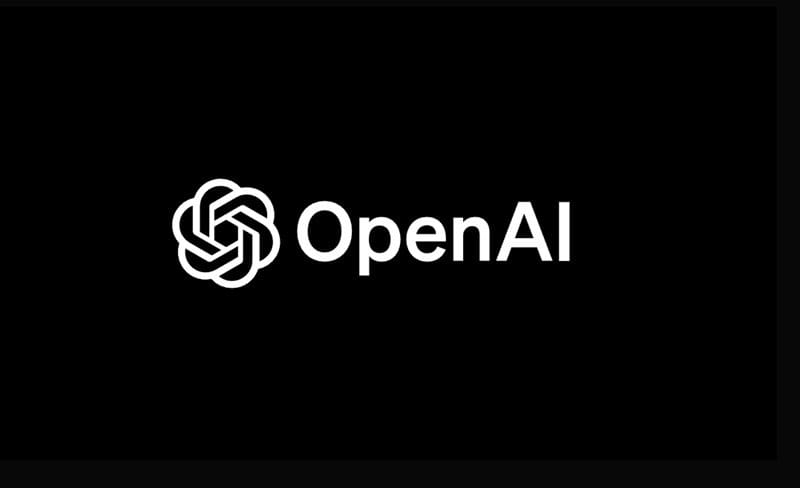They called it “Project Iona,” a name whispered more than spoken, its details guarded as tightly as any Apple prototype. But now, after months of speculation and quiet design sessions behind locked studio doors, the veil has finally lifted—just a little.
OpenAI, the artificial intelligence powerhouse behind ChatGPT, is acquiring Iona, the elusive hardware startup launched by legendary designer Jony Ive and backed by the venture fund of SoftBank’s Masayoshi Son. The acquisition, confirmed today by Reuters, is far more than just a high-profile talent grab. It’s the opening note of a new symphony: AI, designed with intention, purpose, and beauty.
The financial terms remain undisclosed, but insiders say the deal is centered on bringing AI into physical form—consumer-ready hardware that feels less like a tool and more like a companion.
Ive, who shaped the iPhone, iMac, and Apple Watch, reportedly spent the past two years developing a device that could define a new product category altogether. Early concepts, sources say, explored how a personal AI assistant might live outside the screen, blending ambient intelligence with natural human interaction. OpenAI, hungry to evolve beyond the limitations of chatbots and APIs, saw an opportunity to embed its models into form factors that could reach the masses.
The timing couldn’t be more strategic. With Google integrating AI into every corner of Android and Apple set to unveil its own AI integrations at WWDC, OpenAI is moving fast to define not just the future of AI—but the interface through which we’ll live with it.
“This isn’t about making another phone,” one person familiar with the project said. “It’s about creating a new relationship between humans and machines.”
For OpenAI, the acquisition signals a willingness to break from its software-only roots. Since its founding in 2015, the company has released increasingly powerful generative models—GPT-4, DALL·E, and the recently revealed GPT-4o—but always through digital interfaces controlled by others. Now, with Jony Ive’s team and SoftBank’s capital behind it, OpenAI could control the full stack: silicon, software, and surface.
About OpenAI
OpenAI is a leading artificial intelligence research and deployment company whose mission is to ensure that artificial general intelligence (AGI) benefits all of humanity. Co-founded in 2015 by Elon Musk, Sam Altman, Greg Brockman, Ilya Sutskever, and others, OpenAI has since become known for developing state-of-the-art generative AI technologies like GPT-3, GPT-4, and DALL·E.
Operating as a capped-profit company with both research and commercial arms, OpenAI collaborates with developers, businesses, and institutions to integrate safe and powerful AI into real-world applications. Its flagship product, ChatGPT, has become a globally recognized tool for creativity, productivity, and learning.
With this acquisition, OpenAI takes a bold step into the tangible world—where intelligence meets design, and where the future of AI may just take shape in the palm of your hand.
